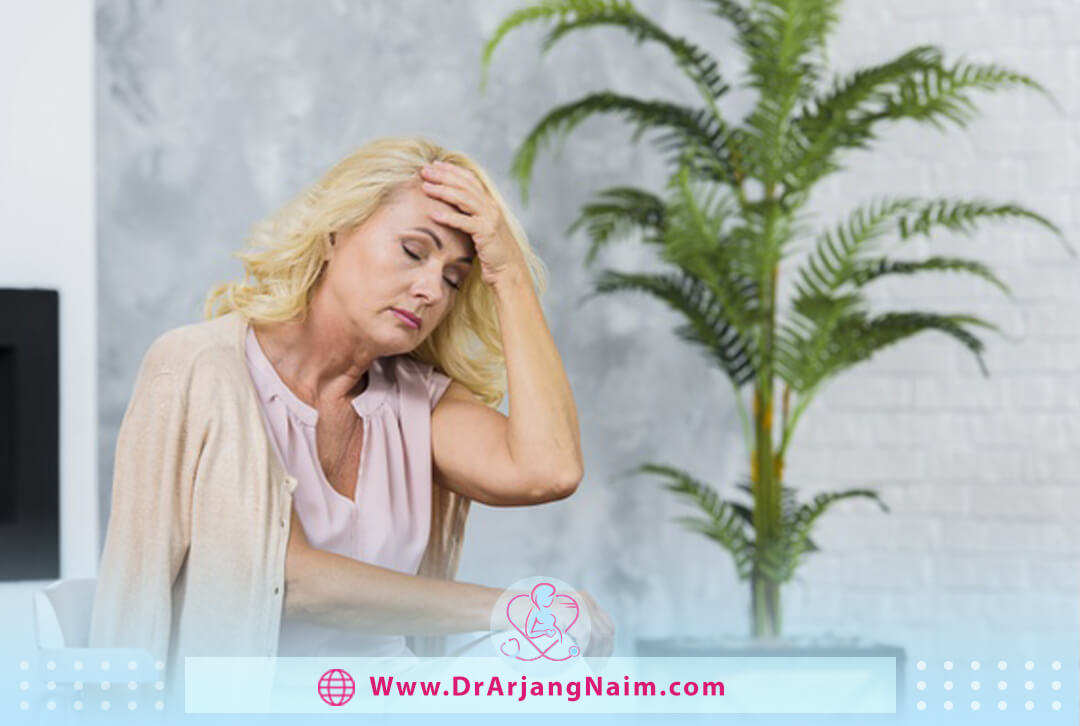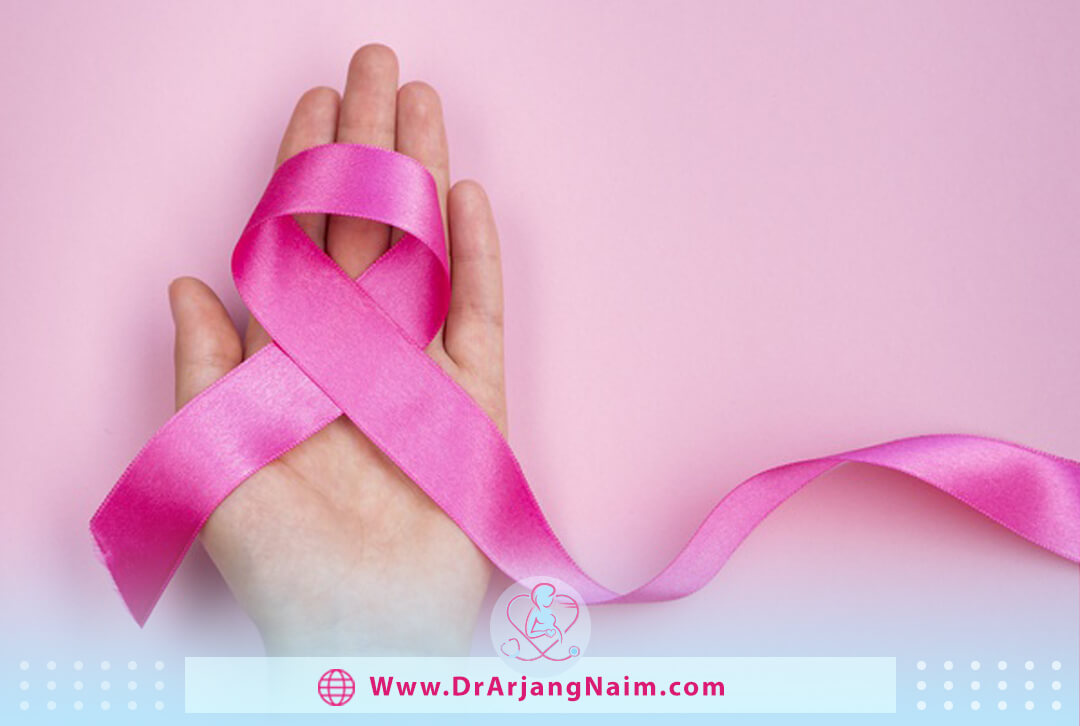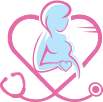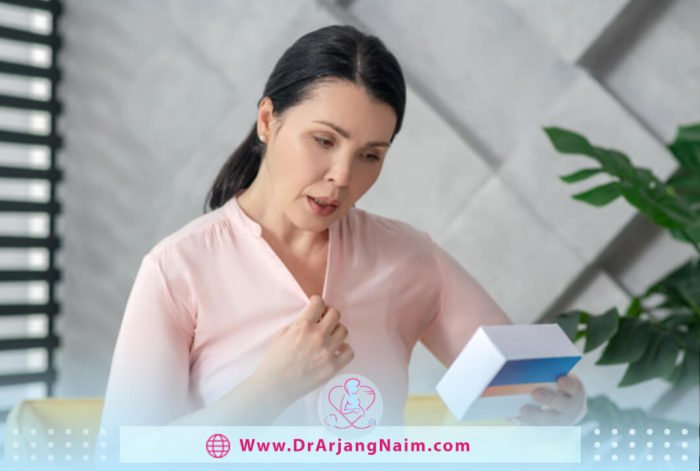Hormone replacement therapy (HRT) is a treatment used to relieve the symptoms of menopause. Menopause, sometimes called life change, is when a woman’s ovaries stop producing eggs. Menopause means the last menstrual period. This natural event marks the end of the fertile years, just as the first period of puberty begins.
Estrogen and progesterone are female hormones that are essential to the female body. During menopause, their levels drop, causing many physical and emotional symptoms, including hot flashes, mood swings, and vaginal dryness. HRT’s goal is to repair the levels of female hormones that can reduce many of the symptoms.
Types of hormone replacement therapy
During menopause, estrogen levels decrease. Some women have unpleasant symptoms, such as hot flashes and vaginal dryness. HRT is the most effective treatment for reducing menopausal symptoms.
Estrogen therapy
Doctors generally recommend low-dose estrogen for women who have had hysterectomy and women who have had a bilateral oophorectomy،That is, removing the uterus and ovaries together. Estrogen comes in many forms. Pills and patches are the most popular daily, but this hormone is also available as a vaginal ring, gel, or spray. The most common uses include:
- Estrogen pill: Pills are the most common type of HRT to reduce the symptoms of menopause. Among the various pills available, Estrogens/Bazedoxifene (Duavee) or conjugated estrogens (Cenestin, Estrace, Estratab, Femtrace, Ogen, and Premarin) are used. Most estrogen pills are taken once, although some have more complex doses.
- Estrogen patch: These patches are placed on the skin of the abdomen. Depending on the dose, some need to be replaced, while others have a longer shelf life. Examples include Alora, Climara, Estraderm, and Vivelle-Dot. Estrogen compounds and progesterone fragments ، such as Climara Pro and Combipatch, are also available. Mostar has a lower estrogen dose than other patches and is only used to reduce the risk of osteoporosis.
- Topical Estrogen: Creams, gels, and sprays are different ways for estrogen to enter. These are absorbed through the skin like patches and enter the bloodstream directly. Topical estrogen is usually used once a day.
- Vaginal estrogen: Vaginal estrogen is available as a vaginal ring, cream, or vaginal estrogen pill. These treatments are generally for women prone to vaginal dryness, itching, and burning or pain during intercourse. Dosage varies depending on the type of product. Most vaginal rings should be replaced every three months. Vaginal pills are often used daily for several weeks; after that, only use them twice a week. Creams may be used daily, several times a week, or as the doctor prescribes.
Progesterone, progestin, estrogen hormone therapy
This treatment is called combination therapy because it combines estrogen and progesterone and is used for women who still have their uterus. Taking estrogen with progesterone reduces the risk of endometrial cancer. Progesterone can help reduce many of the symptoms of menopause, such as hot flashes.
Progesterone medication, including the steroid medroxyprogesterone and synthetic progesterone pills, is taken in pill form. Most specialists treat their postmenopausal patients with natural progesterone instead of synthetic progestin. Natural progesterone has no negative effect on fats and is the right choice for women with high cholesterol levels. Also, natural progesterone has other benefits compared to synthetic.
Benefits of hormone replacement therapy
HRT is a safe and effective treatment for most women who suffer from menopausal symptoms. The risks and benefits of HRT may vary with age and other health problems.
Arjang Naim MD carefully examines your condition and offers the best hormone therapy during menopause. In general, the benefits of hormone therapy outweigh the risks. Its benefits include:
- Reduce moderate to severe hot flashes: Estrogen therapy can be the most effective treatment to relieve hot flashes or night sweats during menopause.
- Reduce other menopausal symptoms: Estrogen can reduce vaginal menopausal symptoms, such as itching, dryness, burning, and discomfort during intercourse.
- Protect bone and reduce fractures: Estrogen helps protect against a bone disease called osteoporosis.
- Reduces the risk of symptoms in women with premature menopause: If the ovaries are surgically removed before age 45, or normal ovarian function is lost before 40 due to premature menopause, estrogen production is reduced. Estrogen therapy can help reduce the risk of some diseases, including heart disease, osteoporosis, stroke, dementia, and mood swings.
Side effects of HRT

Hormone therapy is prescribed for each woman individually. Some women experience side effects in the early stages of treatment, depending on the type and dose of Hormone Replacement Therapy. These side effects usually go away within the first few months of treatment, which usually includes the following:
- Headaches
- Bloating
- Nausea
- Breast tenderness
- Breakthrough bleeding
- Fluid retention
- Leg cramps
- Indigestion
In some cases, lifestyle changes can help alleviate the side effects. Taking estrogen pills with food reduces symptoms such as nausea and indigestion. A low-fat, high-carbohydrate diet can help reduce breast tenderness, and regular exercise and stretching can help reduce leg cramps.
Risks of hormone replacement therapy (HRT)

HRT may increase the risk of certain diseases, so the doctor will consider all of the patient’s conditions for prescribing the drug. Risk of diseases such as:
- Breast cancer
- Heart disease
- Stroke
- Blood clots
The risk of developing these diseases varies according to each woman’s condition.
Age
Women who start hormone therapy at age 60 or older have a higher risk of developing the disease than those who start before age 60. Women who start HRT within ten years of menopause, compared with women who start hormone replacement therapy after ten years of menopause, are less likely to get the disease.
Type of hormone replacement therapy
The risks of hormone therapy depend on whether estrogen is given alone or with progesterone and rely on the dose and type of estrogen.
Health history
Family history, medical history, and risk of cancer, heart disease, stroke, blood clots, liver disease, and osteoporosis are important factors in determining hormone replacement therapy’s appropriateness.
HRT does not cause weight gain
Weight gain during menopause is related to lifestyle and age. Increased body fat, especially around the abdomen, can occur during menopause due to hormonal changes. Decreased muscle mass associated with aging and reduced physical activity can also play a role in weight gain. Some women may experience bloating and fluid retention symptoms at the beginning of hormone use, which may be interpreted as weight gain. Still, these symptoms usually disappear after a while and after changing the appropriate therapeutic dose, so hormone replacement therapy does not cause overweight.
How can reduce the risk of hormone replacement therapy?
In cases where hormone therapy is performed, strategies can reduce the risk. Talk to a gynecologist about these strategies. These solutions include:
- Find the best product and delivery method: Estrogen is available in tablets, patches, gels, vaginal creams or suppositories, or ring forms. If experiencing menopausal vaginal symptoms, low-dose estrogen in creams, pills, or vaginal rings is usually a better choice than oral pills or skin patches.
- Minimize the amount of medication: To treat the symptoms, it is better to use the lowest effective dose for the shortest time. Under 45, the body needs enough estrogen to protect against the long-term effects of estrogen deficiency. If there are symptoms of prolonged menopause that affect life quality, the doctor may recommend longer treatment.
- Seek regular follow-up care: To ensure that hormone therapy benefits still outweigh the risks and for regular mammography screening and pelvic examinations by a doctor.
Arjang Naim MD and his team also make appointments for women undergoing hormone therapy to fully control the possible side effects and treatment process. - Make healthy choices: Proper lifestyle is the most important issue for a healthy body. Menopausal women should include physical activity and exercise in their daily routine; eat a healthy diet; have an ideal weight; do not smoke; limit alcohol consumption; control stress, and control health conditions such as high cholesterol or blood pressure.
Who should avoid Hormone Replacement Therapy?
Women with breast cancer, heart disease, or a history of blood clots should not use hormone therapy to relieve menopausal symptoms. Women who do not have the annoying symptoms of menopause should also not take hormone therapy, which is not used to prevent memory loss or stroke. Instead, talk to the doctor about other medications or lifestyle changes that may provide long-term protection against these conditions.
The bottom line
Some people can control menopausal symptoms such as hot flashes without hormone Replacement therapy and only by making lifestyle changes. Keeping yourself cool, limiting caffeinated beverages and alcohol, and exercising to relax are some of the options that this group of women can consider.
Finally, determining whether hormone therapy is a good option for you is up to the gynecologist.
Additional questions
- What is oophorectomy?
Oophorectomy is a surgical procedure to remove one or both ovaries. The ovaries are almond-shaped organs located in the pelvis on each side of the uterus.
2. What stage of menopause are hot flashes?
Hot flashes usually start before a woman’s last period. For 80% of women, hot flashes occur for two years or less. A small percentage of women have experienced hot flashes for over two years.
3. What helps menopausal dryness?
There are several treatment options for vaginal dryness. Some are available over the counter, such as vaginal moisturizers or lubricants. These include vaginal estrogen creams, pills, capsules, or rings.
4. What is the best vitamin for estrogen?
- Vitamin B
- Vitamin D
- Boron
5. What food is highest in estrogen?
- Flaxseeds
- Soy
- Peaches
- Garlic
- Red Wine
- Sesame Seeds
- Cruciferous Vegetables
- Nuts
References
https://patient.info/womens-health/menopause/hormone-replacement-therapy-hrt
https://www.daisynetwork.org/should-i-use-hrt-or-the-pill-to-control-early-menopause-symptoms/
https://www.webmd.com/menopause/guide/menopause-hormone-therapy#1
https://www.mayoclinic.org/diseases-conditions/menopause/in-depth/hormone-therapy/art-20046372




